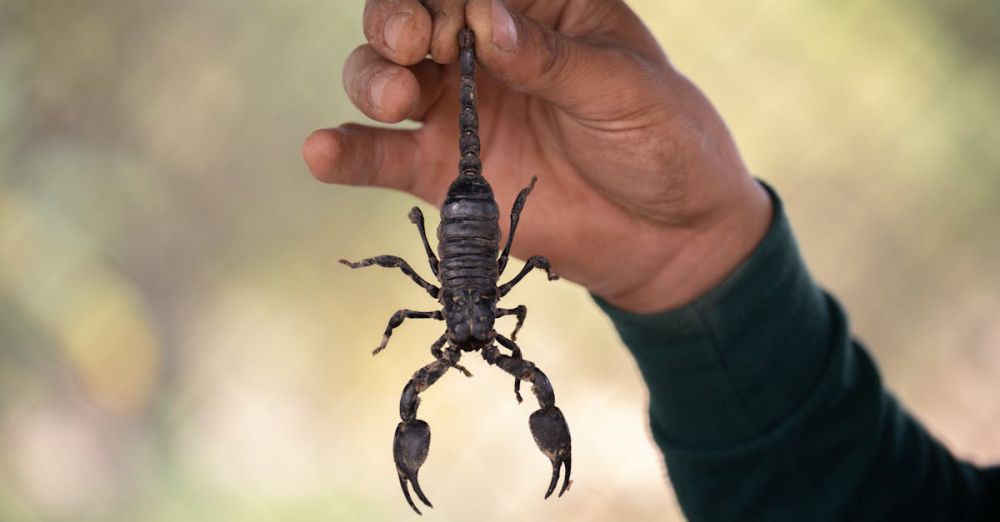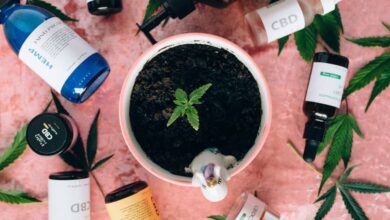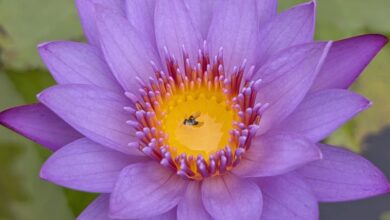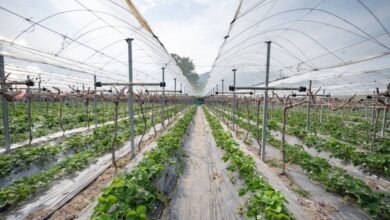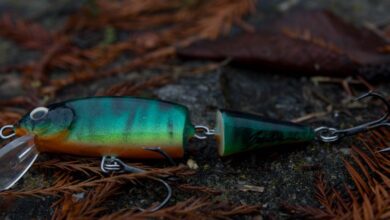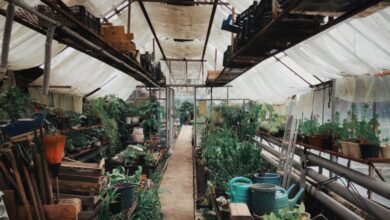What Are the Best Products for Organic Pest Control
As more people become conscious of the environmental impact of chemicals, organic pest control has gained popularity among gardeners and farmers alike. The need to protect crops and gardens while maintaining a healthy ecosystem has led to the development of various organic products. These solutions not only keep pests at bay but also minimize harm to beneficial insects and the surrounding environment. Here, we explore some of the most effective organic pest control products available today.
Natural Insecticidal Soaps
One of the most popular organic pest control methods is the use of insecticidal soaps. These soaps are designed to target soft-bodied insects like aphids, spider mites, and whiteflies. They work by suffocating the pests, disrupting their cell membranes, and ultimately leading to their demise. Made from natural plant oils and fats, insecticidal soaps are safe to use on edible plants and decompose quickly in the environment. When applying, it’s crucial to cover the entire plant, focusing on the undersides of leaves where pests often hide.
Neem Oil
Neem oil, extracted from the seeds of the neem tree, is a powerful organic pesticide with a wide range of applications. It functions as a repellent, disruptor of insect growth, and natural fungicide. Neem oil is effective against various pests, including aphids, mealybugs, and scale insects. It also helps control fungal diseases like powdery mildew. For optimal results, mix neem oil with a carrier oil or an emulsifier before spraying on plants. Regular applications every two weeks can help keep pests at bay while promoting plant health.
Diatomaceous Earth
Diatomaceous earth (DE) is a natural powder composed of crushed fossilized algae. This remarkable product is a mechanical pest control agent that works by damaging the exoskeletons of insects. When pests come into contact with DE, it absorbs lipids from their outer layer, causing dehydration. DE is effective against a range of pests, including slugs, beetles, and other crawling insects. It’s safe to use around pets and humans, making it a favorite among organic gardeners. To apply, simply dust it around plants or areas where pests are active, reapplying after rain or watering.
Garlic Spray
Garlic is not just a culinary delight; it also serves as a potent organic pest deterrent. Garlic spray is simple to make at home by blending garlic cloves with water and a few drops of liquid soap. The strong odor of garlic confuses pests and masks the scent of plants, making them less appealing. This spray can deter aphids, spider mites, and even larger pests like deer. For effectiveness, apply garlic spray every couple of weeks and after rainfall.
Companion Planting
While not a product per se, companion planting is a strategic organic pest control method worth mentioning. Certain plants can repel pests or attract beneficial insects that prey on harmful ones. For example, planting marigolds can deter nematodes and aphids, while basil can repel flies and mosquitoes. Integrating these plants into your garden not only enhances biodiversity but also creates a natural defense system against pests.
Essential Oils
Essential oils derived from plants have gained traction for their pest-repelling properties. Oils such as peppermint, eucalyptus, and tea tree are known for their ability to deter various insects. These oils can be mixed with water and a soap base to create effective sprays. They not only repel pests but also leave behind a pleasant aroma. However, it’s important to test any essential oil on a small area of your plants first to ensure no adverse reactions occur.
Final Thoughts
Choosing the right organic pest control products can make a significant difference in the health and productivity of your garden. By utilizing natural insecticidal soaps, neem oil, diatomaceous earth, garlic spray, companion planting, and essential oils, you can effectively manage pests while being kind to the environment. Embracing these organic solutions not only fosters a healthy garden but also contributes to a more sustainable approach to agriculture. As you explore these options, remember that consistency is key in maintaining a pest-free environment. Happy gardening!

